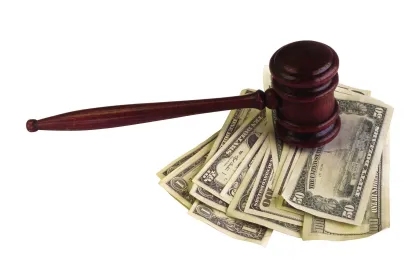TCPA cases against debt collectors and first-party creditors are notoriously difficult to certify. They typically involve individual issues of consent and revocation that make certification impossible.
But when a debt collection TCPA case does get certified, look out! They can get painful, as a California-based debt collector just found out in McMillion v. Rash Curtis & Associates, 4:16-cv-03396 (N.D. Cal.). The jury returned a whopping $267 million for 534,000 calls. Ouch.
The defendant did get a bit of a reprieve when the plaintiff dropped the request for treble damages, apparently satisfied with their $267 million bounty.
So why did McMillion result in a massive verdict while other debt collection TCPA cases are being denied certification left and right? The answer appears to lie in the defendant’s calling practices. The case involved four subclasses that fell into two categories: 1) individuals called through skip tracing and 2) individuals called who never had an account placed with the debt collector. If individuals that fall into those two categories were truly ascertainable, then that is a plaintiff’s attorney’s dream. And basically the only way to certify a debt collection TCPA case. Otherwise, debt collection cases devolve into countless individualized inquiries to sift through mountains of account-level data to evaluate consent.
McMillion is therefore a reminder to the collections industry of the TCPA risks involved in skip tracing. If you are going to call skip traced numbers as part of a collections strategy, it should never be through a dialer. Or even a manual dialing mode within a dialer. The TCPA risks are simply too high.




 />i
/>i
